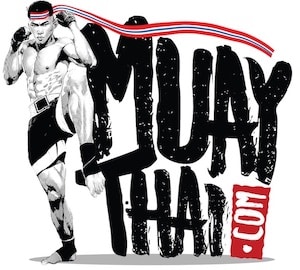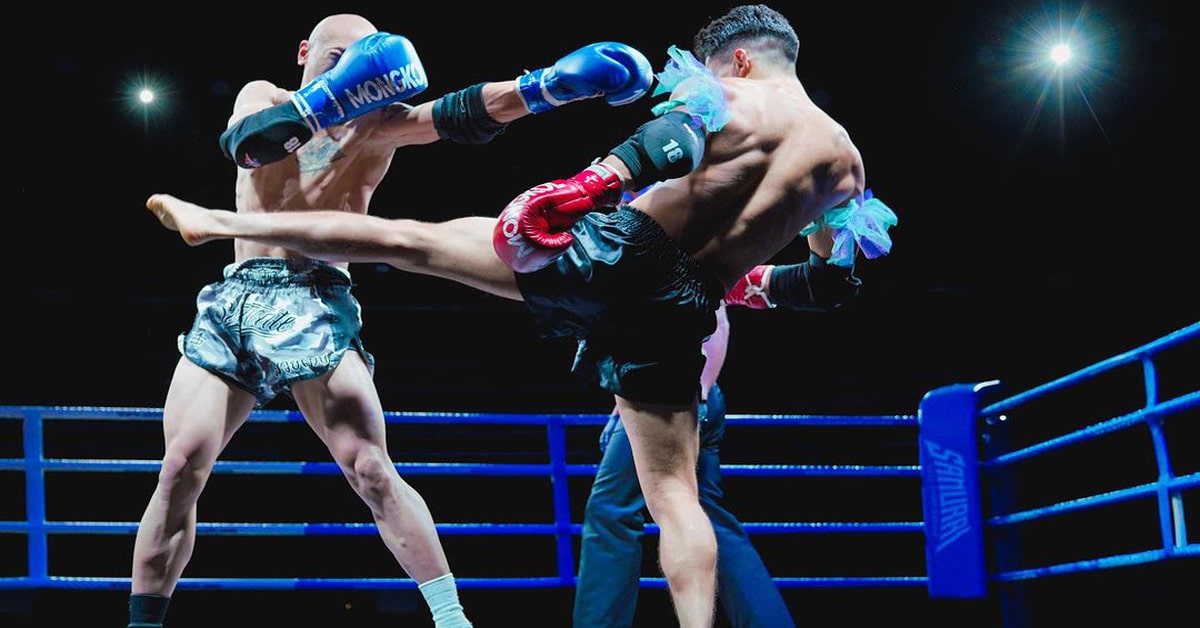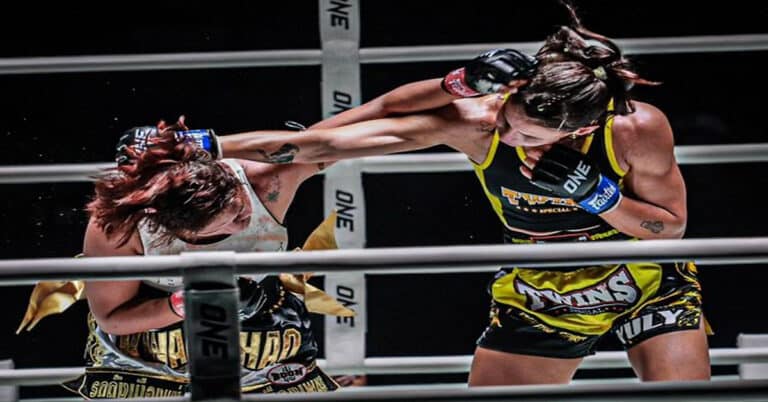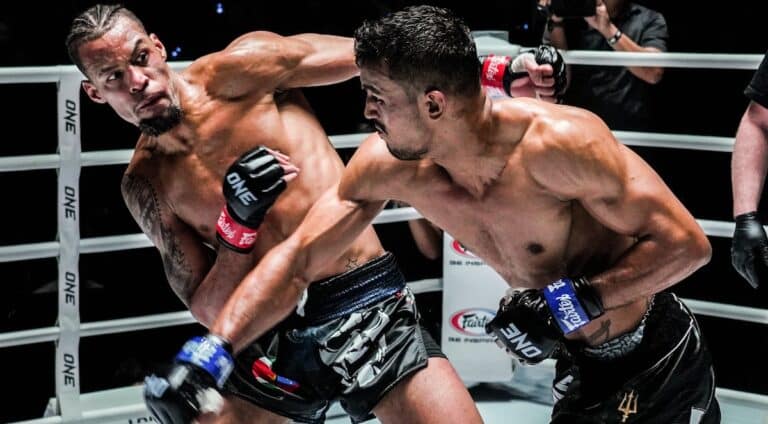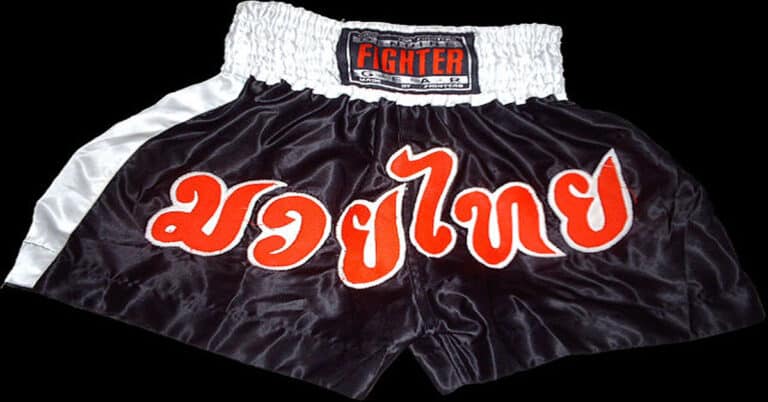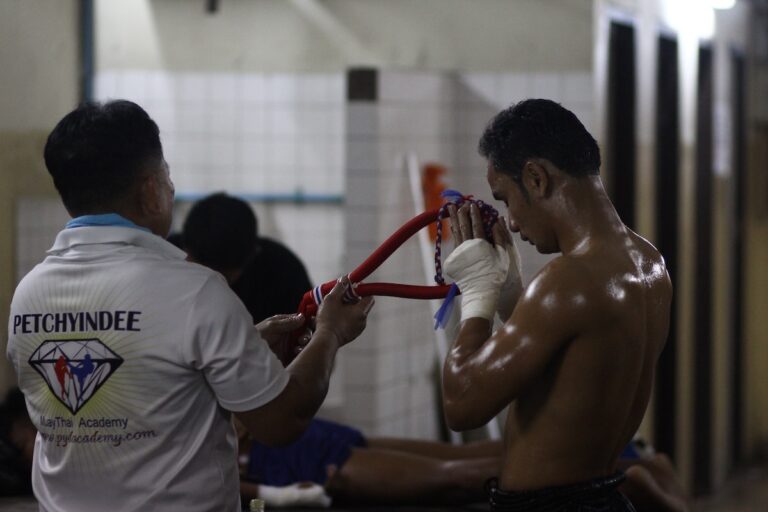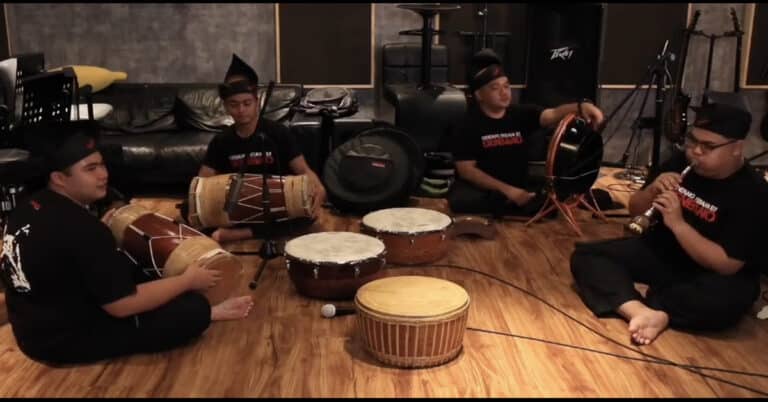Muay Thai Gambling: What’s The Deal?
Muay Thai gambling is not an easy concept to understand. Let’s explore the intricate relationship between Muay Thai and betting, uncovering the dual facets of this dynamic interaction, examining the influence of bettors on the sport, the evolving role of the Sian Muay, the challenges of corruption, and the quest for a balance between tradition and modernity.
First, we must understand sports betting as a whole especially when focused on combat sports. Then we will look at cultural, spectator, and athlete concerns when it comes to Muay Thai gambling.
Gambling in Combat Sports
If one is gambling on MMA, the UFC, kickboxing, or Muay Thai, it follows the same pattern. Gambling has long been associated with combat sports in its long history. With bettors wagering on the outcomes of matches and various aspects of the fights. Here’s a rundown on gambling in combat sports:
The most common form of gambling in combat sports is betting on the outcome of a match. This typically involves wagering on which athlete will win, whether it will be a knockout, technical knockout, or decision, and sometimes even specific round predictions.
Bookmakers and sportsbooks set odds and point spreads for fight matches. Odds indicate the potential payout for a winning bet, while point spreads can be used to even out the betting action by giving an advantage or disadvantage to a fighter.
In Muay Thai gambling, a bettor can also bet on the number of rounds a Muay Thai fight will go. The sportsbook sets a line, and bettors wager on whether the actual number of rounds will be over or under that line.
In addition to the overall match outcome, there are often various prop bets available. These Muay Thai gambling bets can involve predicting specific events within the fight, such as which round a knockdown will occur, whether the fight will go the distance, or if a specific fighter will win by a certain method.
With the advent of online betting and live streaming, many sportsbooks now offer live betting on combat sports matches. This allows bettors to place wagers as the fight progresses, adjusting their bets based on the unfolding action.
Major boxing matches, especially those involving high-profile fighters, such as Jake Paul vs Nate Diaz, or championship bouts, tend to attract significant gambling activity. The buildup to these fights often includes analysis, predictions, and discussions about the betting odds. Muay Thai gambling is very similar.
Like any form of betting anywhere in the world, Muay Thai gambling included, is not without controversies. There have been instances of alleged match-fixing, where fighters or officials manipulate the outcome of a fight for financial gain. These controversies can harm the integrity of the sport and undermine fair competition.
Betting on combat sports, such as Muay Thai gambling, is regulated in the USA and European countries by gambling commissions in various jurisdictions. These regulatory bodies work to ensure fairness, transparency, and the prevention of any illicit activities that could compromise the integrity of the sport and the betting process.
It’s important to note that Muay Thai gambling, like any form of betting, involves both risks and rewards. Individuals interested in participating in combat sports gambling should do so responsibly and be aware of the legal and ethical implications.
Sports betting, such as Muay Thai gambling, involves placing bets on various aspects of sporting events, such as predicting winners, scores, and specific occurrences, and has gained popularity globally, particularly through online and mobile platforms; it is regulated by government bodies, typically, to ensure fairness, prevent corruption, and protect consumers, while also raising integrity concerns due to potential match-fixing; responsible gambling is emphasized, and the landscape has evolved with changing laws and attitudes, including partnerships between sports leagues and gambling operators, reflecting both its engaging potential and ethical considerations.
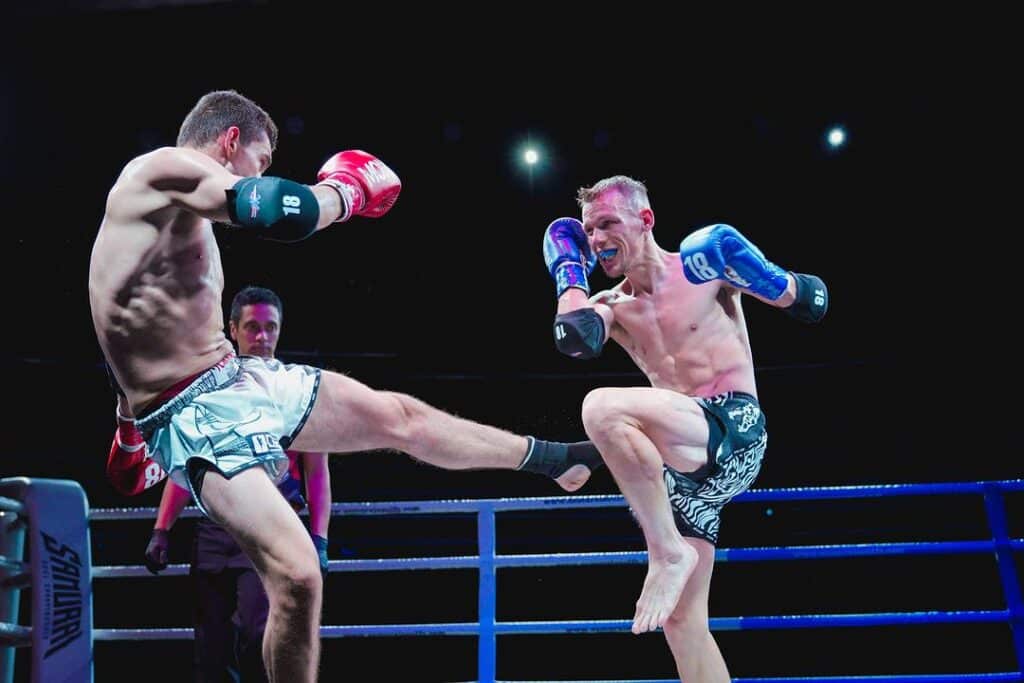
Muay Thai Gambling
Muay Thai, originating in Thailand, is a traditional martial art and combat sport renowned for its striking techniques using fists, elbows, knees, and shins, as well as clinching maneuvers. Combining rigorous conditioning with cultural traditions, it emphasizes footwork, movement, and controlled aggression. Practiced at both amateur and professional levels, Muay Thai has gained global popularity for its effective fighting techniques and has influenced other martial arts, while remaining deeply tied to Thailand’s cultural heritage.
Stadiums
Thailand and Muay Thai both celebrate religious traditions. The Wai Kru, Mongkon, and Pra Jiad are used in every Muay Thai match, and each one is a religious symbol. Thailand honors Muay Thai as a key piece of its culture. Largely, gambling is illegal in Thailand. However, Muay Thai gets a pass. The casino and cards may not be an option. To get gambling excitement in Thailand, one’s best bet is to enjoy a Muay Thai match. Most likely, one would enjoy the match at a key Muay Thai stadium in Thailand such as Rajadamnern and Lumpinee Stadium.
Superstition plays a large part in the viewing public as well. Many fans will wear various amulets or other religious objects. This is to attempt to bring good luck to one’s fighter and bets. Interestingly, Buddhists do not care for gambling in any form hence why it is outlawed in most places in Thailand. Muay Thai gambling is still the major exception.
Muay Thai gambling bets can be placed before the match begins. Gamblers will also add bets on during the match itself. Quite often, if one is watching a live Muay Thai match from Thailand, a viewer can observe the audience waving their hands, that’s live Muay Thai gambling. There are various and specific hand signals that a bettor and bookie both must know.
Betting is largely live and takes place throughout a match. Odds change as the momentum of the fight shifts. With that, people want to change their bets. Typically, bets are person-to-person or person-to-bookie. Cash is paid out as soon as the fight is complete. Payouts are normally done via cash.
Most experts say that for live audience members in a Muay Thai stadium, there are typically two kinds of people; foreigners or bettors. Local Thai people do not normally show up in great numbers to Muay Thai events. The only locals going are normally looking to gamble.
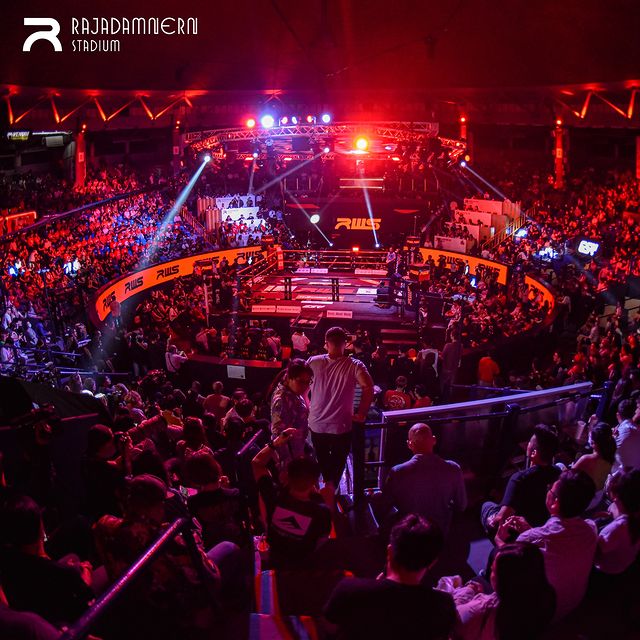
How much Money?
Bets on single matches would typically fall into the 1,000 to 100,000 Thai Baht range. Bigger matches can see wages up to 250,000 Baht. 1,000,000 Baht matches have occurred but they are highly rare.
Nak Muay athletes do not make very much money per match. To boost their income, fighters desire to perform well and capitalize on opportunities to earn potential tips from spectators known as Sian Muay. Bonuses can be part of their earnings, with specific achievements like head kicks, or knockouts garnering extra money. Sian Muay, who are bookies providing live commentary to specific subscribers, play a significant role in Muay Thai gambling. They select fighters to bet on, often making on-the-fly decisions to adapt to evolving situations. Some Sian Muay also sponsors fighters, supporting them financially and placing side bets during matches.
But this influence certainly has good and bad factors to consider. The Sian Muay play a vital role in supporting the industry by purchasing tickets, especially during challenging times when stadium attendance is restricted. These people also help sustain promotions by attending matches, even when ticket prices increase.
However, there is also a negative side to the influence of Sian Muay. Their presence and bets can potentially impact the decisions of referees and the strategies of fighters. The odds and betting prices associated with each corner can affect a fighter’s approach, with those favored by Sian Muay potentially receiving an advantage. This can lead to strategic decisions that might not align with the fighters’ original game plans, creating pressure and affecting the overall enjoyment of the sport.
Corruption and Poisoning in Muay Thai
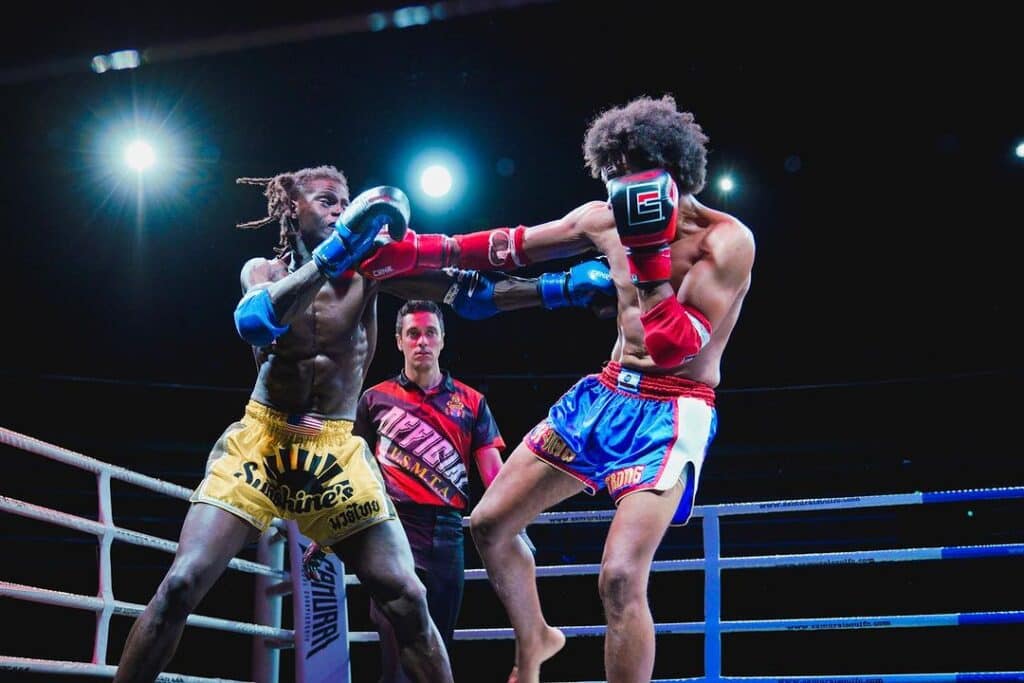
Corruption is still a piece of Muay Thai. Nak Muays are sometimes offered to take bribes to throw matches. Just earlier this year Saoek received a lifetime ban after an investigation showed that he took $5,900 to purposefully throw a match. In 2019, Roycherng Singmawin was accused and charged after an investigation took place.
There are definite downsides to Muay Thai gambling that exist in all forms of betting worldwide. People bet irresponsibly and bet too much. Or, organized crime institutions are involved in some way. Muay Thai gambling has a unique aspect that makes it terrifying to participate in; some fighters have been poisoned before matches.
In 2015, Fightland wrote a piece that interviewed multiple Nak Muays (fighters) who had been poisoned before a match. Typically, someone will bring this athlete water or a stick of gum that is laced with some sort of sedative. It’ll take effect just as the match begins and will show its effects throughout the fight. The fighter will then be transported to the hospital afterward and could take months to recover.
While this can come in the form of an anonymous bettor, many believe that it is typically someone you know. An anonymous Nak Muay explained:
“I was poisoned before a fight at Channel 7. I was walking around at 62kg but had recently cut to 59kg to make weight. Within four hours after being poisoned, I dropped to 54kg.
I had been chewing gum and drinking a Sponsor drink, and I noticed it tasted funny but I didn’t think anything of it so I drank the whole thing. I started feeling the effects about 20 minutes later, less than an hour before the fight.
I couldn’t fight. I got intensely painful cramps but didn’t go to the hospital because no one would take me. The boss of my gym wasn’t that interested.
I’m 80% sure it was my own boss who did it, because he was the one who bought the Sponsor and gave it to me. I wanted to report it, to try and find out who did it, but my boss wasn’t interested in pursuing it. There was no side bet on the fight, but there was gambling of course, and I’m pretty sure he put a bet on my opponent.“
Ya Kiatpetch, a Muay Thai gym owner, finished the interview with Fightland by saying, “I’m going to give you a small plant before you leave. Start growing it at your gym in case someone slips something to one of your fighters. It’s the herb I was talking about. You’re a gym owner now. Trust me, you’re going to need it.”
As we reflect on the interplay of sport and Muay Thai gambling, it becomes evident that while Muay Thai gambling carries both allure and concerns, its future hinges on finding a delicate equilibrium that preserves the essence of the art while navigating the evolving landscape of modern sports and entertainment.
